Top 20 Books for Black History Month
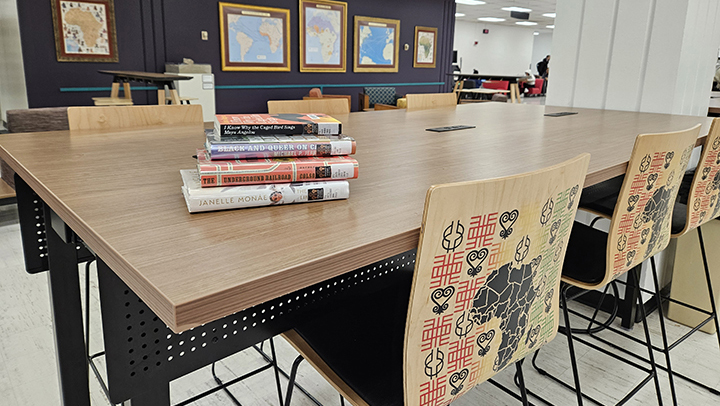
As part of San Diego State University's commitment to advancing diversity, equity, and inclusion in community engagement, the University Library unveiled its Africana Studies Collection (ASC) space last year. In addition to an inviting and inspiring new space, hundreds of new books were purchased and added to our existing and extensive collection of works by, for, and about the Black experience in the United States. What better place to begin your reading for Black History Month?
If you are looking for the ASC book that was checked out the most often over the past year, you’ll want to read the 30th anniversary edition of Patricia Hill Collins’s Black Feminist Thought (2022), a book described in an early review as “one of the first and fullest articulations of what a feminist sociology of knowledge would look like.” In addition to Collins, here are the 20 most popular books found in the Library’s Africana Studies Collection space.
You can find additional books by browsing the ASC shelves on the third floor of Love Library, where you can also view artifacts and photos of Black leaders from SDSU’s history. You can also browse this collection by entering “Africana Studies Collection” into the One Search box found on the home page of the library website. Finally, you can use the library catalog, the Africana Studies research guide, or book a consultation with Outreach and Diversity Initiatives Librarian Gloria Rhodes to identify other library materials, both print and digital, that can help you to learn more about these topics.
Come visit and explore!
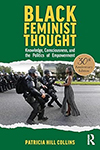
by Patricia Hill Collins
In the first major update to this classic book in many years, Collins traces the history and contours of Black women's ideas and actions to argue that Black feminist thought is the discourse that fosters Black women's survival, persistence, and success against the odds.
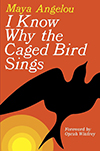
By Maya Angelou
An African American woman recalls the anguish of her childhood in Arkansas and her adolescence in northern slums in the 1930's and 1940's.
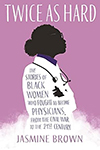
By Jasmine Brown
In this work of extensive research, Jasmine Brown offers a champions a new history, penning the long-erased stories of nine pioneering black women physicians beginning in 1860, when a black woman first entered medical school.
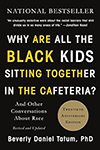
By Beverly Daniel Tatum
Walk into any racially mixed high school and you will see Black, White, and Latino youth clustered in their own groups. Is this self-segregation a problem to address or a coping strategy? Beverly Daniel Tatum, a renowned authority on the psychology of racism, argues that straight talk about our racial identities is essential if we are serious about enabling communication across racial and ethnic divides.
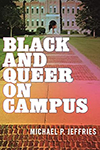
By Michael P. Jeffries
Black and Queer on Campus is a ground-breaking account of queer Black experiences on college campuses, based on 65 interviews with Black LGBTQ students.
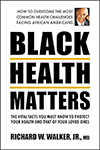
By Richard W. Walker, Jr.
In Black Health Matters, Dr. Richard W. Walker examples the most common problems facing African Americans today--including diabetes, heart disease, hypertension, kidney failure, and more--explains the causes, and offers solutions in the form of healthy diet, exercise, nutritional supplements, and other lifestyle changes. The issue of racism in health is also addressed.
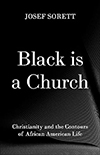
By Josef Sorett
Black is a Church accounts for the entangled logics of Christianity, white supremacy, and colonialism that coalesced within the modern category of religion and which facilitated the emergence of black subjectivity and social life in North America.
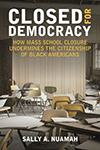
By Sally A. Nuamah
This book investigates the declining presence of public schools in large cities and its political consequences on the Americans most directly affected - poor Black citizens.
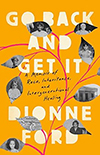
By Dionne Ford
Go Back and Get It combines the story of Dionne Ford's inner life with research and reflections on how racial trauma is generated, repeated, stored, and processed, what the cycle looks like and how it might be broken. It is a memoir about how, in the search for belonging, family can be a source of loneliness and even danger and also a true home.
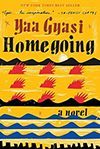
By Yaa Gyasi
Ghana, eighteenth century: two half-sisters are born into different villages, each unaware of the other. One will marry an Englishman and lead a life of comfort in the palatial rooms of the Cape Coast Castle. The other will be captured in a raid on her village, imprisoned in the very same castle, and sold into slavery. Homegoing follows the parallel paths of these sisters and their descendants through eight generations.
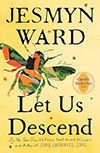
By Jesmyn Ward
Annis, sold south by the white enslaver who fathered her, struggles through the miles-long march and turns inward, seeking comfort from memories of her mother and stories of her African warrior grandmother.
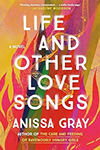
By Anissa Gray
A father's sudden disappearance exposes the private fears, dreams, longings, and joys of a Black American family in the late decades of the twentieth century. In a gripping narrative that moves from the Great Migration to 1970s Detroit and 1990s New York, we follow the hopes, triumphs, losses, and secrets that build up and tear apart an American family.
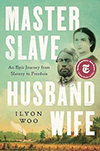
By Llyon Woo
Presents the remarkable true story of Ellen and William Craft, who escaped slavery through daring, determination, and disguise, with Ellen passing as a wealthy, disabled white man and William posing as "his" slave.
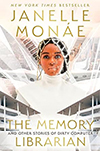
By Janelle Monáe
The Memory Librarian serves readers tales grounded in the human trials of identity expression, technology, and love, but also reaching through to the worlds of memory and time within, and the stakes and power that exist in a world in which thoughts - as a means of self-conception - could be controlled or erased by a select few.
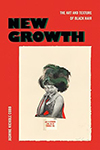
By Jasmine Nichole Cobb
From Frederick Douglass to Angela Davis, "natural hair" has been associated with the Black freedom struggle. Jasmine Nichole Cobb traces the history of Afro-textured coiffure, exploring it as a visual material through which to reimagine the sensual experience of Blackness.
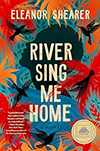
By Eleanor Shearer
A redemptive story of a mother's gripping journey across the Caribbean to find her stolen children in the aftermath of slavery. These are the stories of Mary Grace, Micah, Thomas Augustus, Cherry Jane and Mercy. But above all this is the story of Rachel and the extraordinary lengths to which a mother will go to find her children...and her freedom.
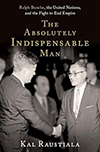
By Kal Raustiala
A wide-ranging political biography of diplomat, Nobel prize winner, and civil rights leader Ralph Bunche. A legendary diplomat, scholar, and civil rights leader, Ralph Bunche was one of the most prominent Black Americans of the twentieth century. The first African American to obtain a political science Ph.D. from Harvard and a celebrated diplomat at the United Nations, he was once so famous he handed out the Best Picture award at the Oscars. Yet today Ralph Bunche is largely forgotten. In The Absolutely Indispensable Man, Kal Raustiala restores Bunche to his rightful place in history. He shows that Bunche was not only a singular figure in midcentury America; he was also one of the key architects of the postwar international order.
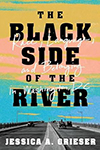
By Jessica Grieser
In The Black Side of the River, sociolinguist Jessi Grieser conducts extensive interviews with Black Anacostia residents to examine what she terms "linguistic practices of place," or how people make sense of and give meaning to their physical space through their language use.
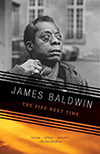
By James Baldwin
A national bestseller when it first appeared in 1963, The Fire Next Time galvanized the nation and gave passionate voice to the emerging civil rights movement. At once a powerful evocation of James Baldwin's early life in Harlem and a disturbing examination of the consequences of racial injustice, the book is an intensely personal and provocative document.
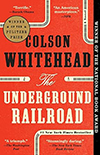
By Colson Whitehead
Cora, a slave on a cotton plantation in Georgia, embarks on a harrowing flight, state by state, seeking true freedom

